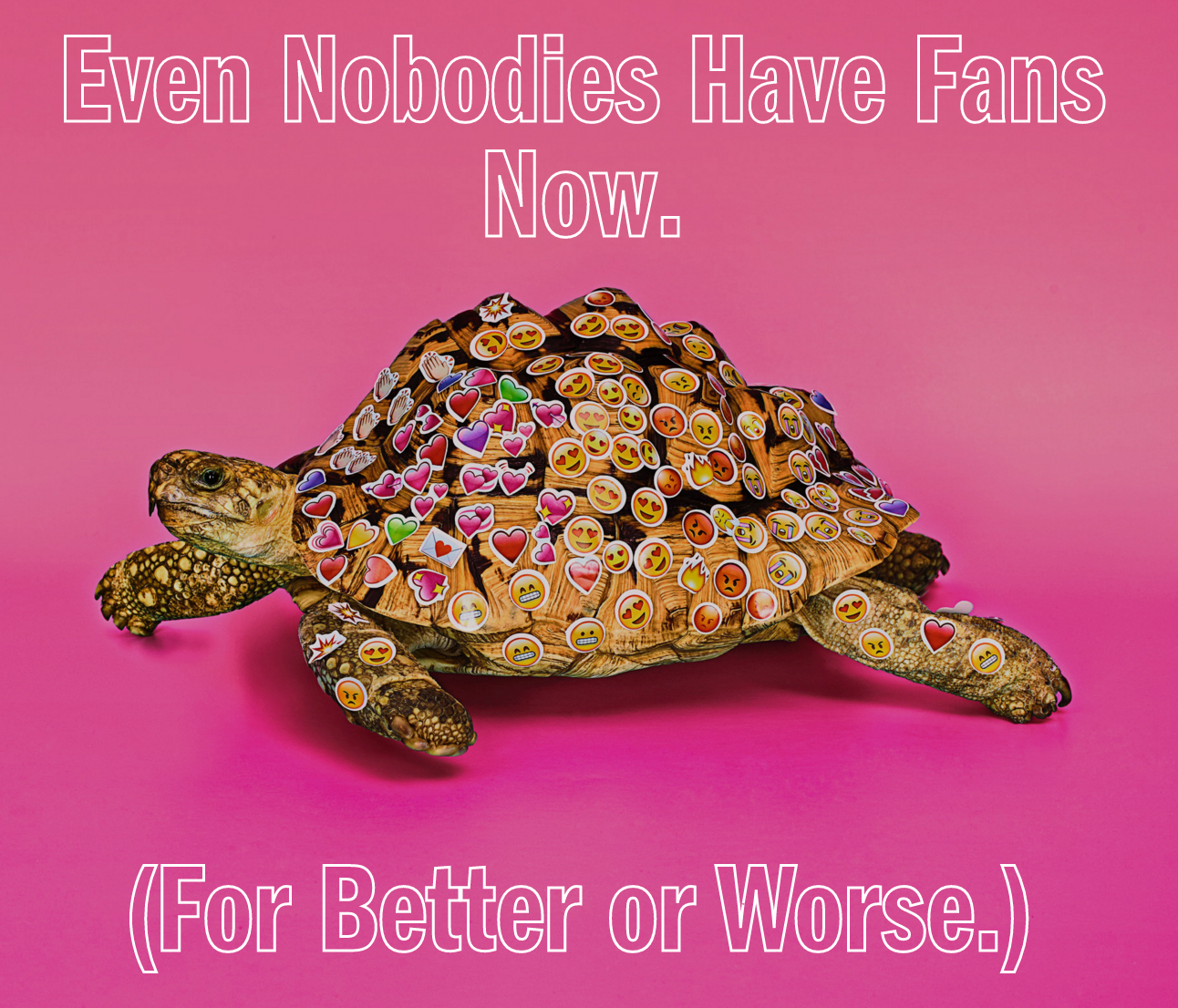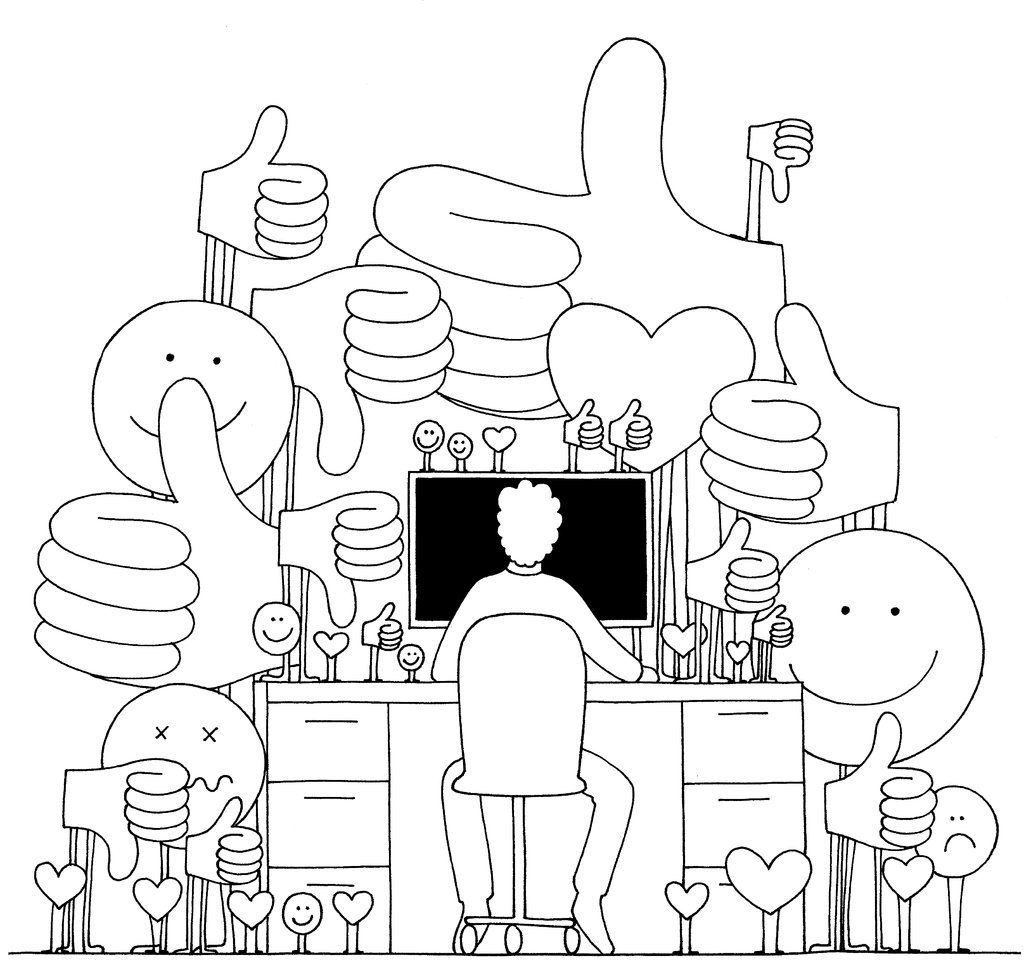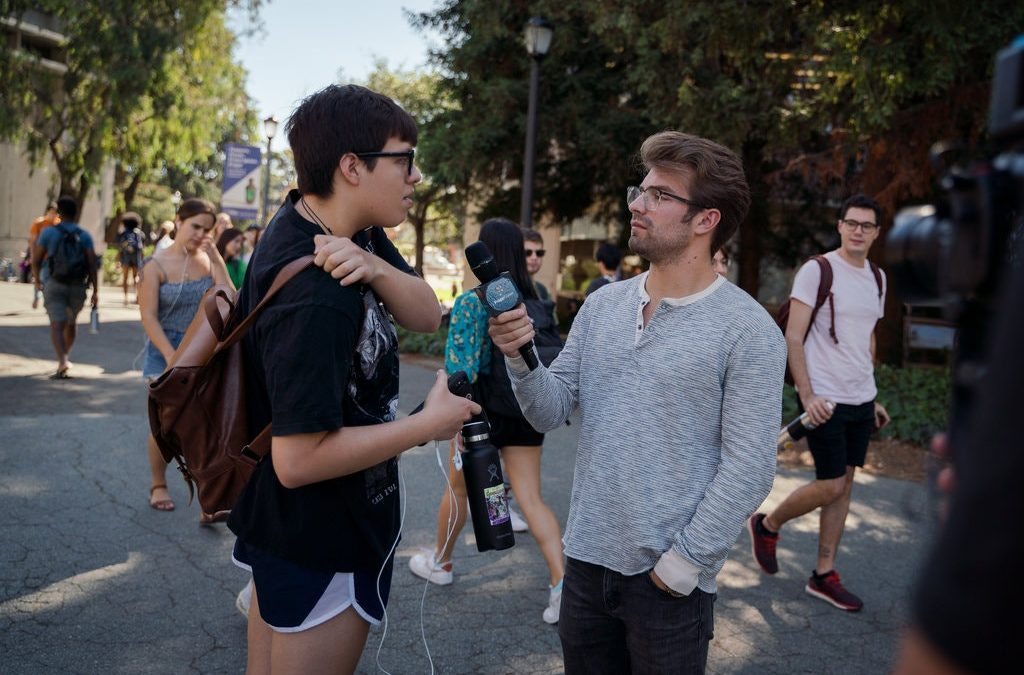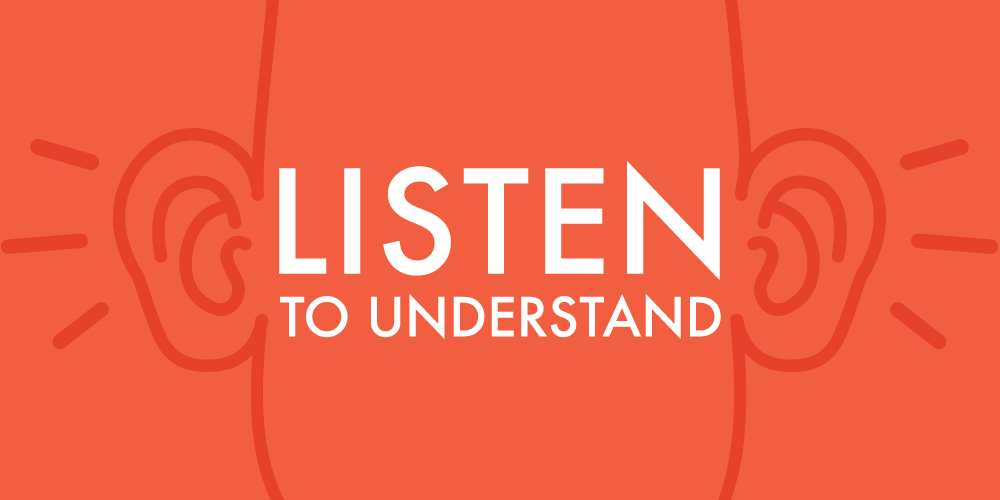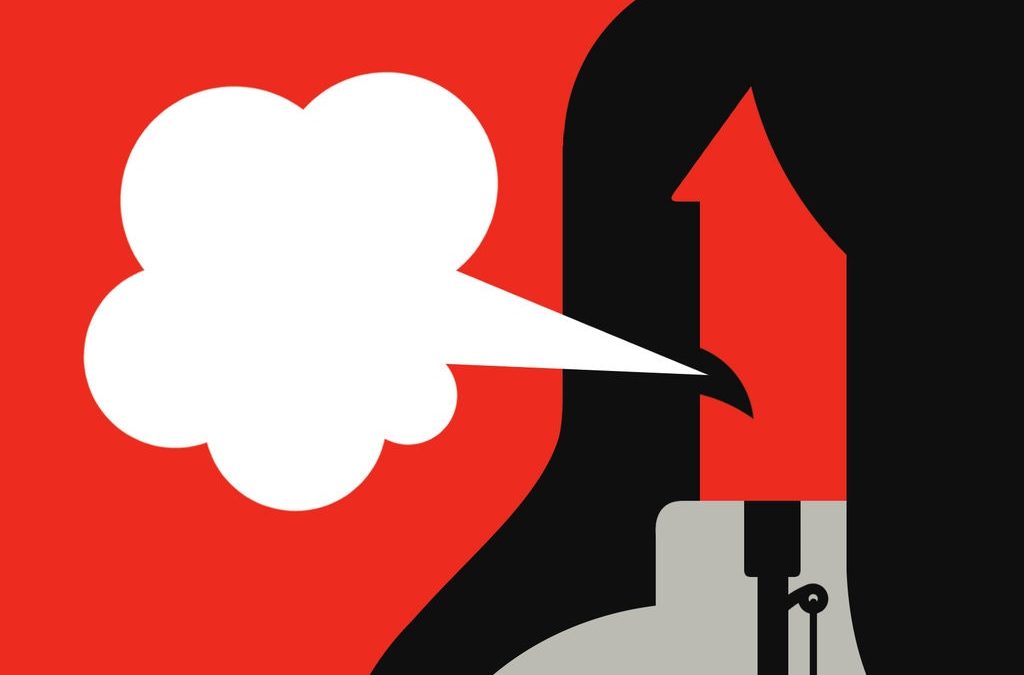
Go Ahead and Complain. It Might Be Good for You.
A mantra to embrace: “This sucks I’m unhappy with what’s going on.”
Via The New York Times, By
Even though it may come naturally, griping isn’t necessarily always a good thing. Ruminating on negative feelings, and reinforcing them through constant discussion with other people, can lead to catastrophizing, which “is something that can contribute to depression,” said Margot Bastin, who studies communication between friends at the department of School Psychology and Development in Context at the Belgian university KU Leuven.
This can happen because “the more you do something, the more entrenched that path becomes in your brain and the more you continue to do it,” said Angela Grice, a speech language pathologist specializing in the use of mindfulness-based practices and who previously researched executive functions and neuroscience at Howard University and the Neurocognition of Language Lab at Columbia University.
Constantly complaining can be an easy way to frustrate our confidantes, but there is research that shows it can also be a useful tool in bonding and helping us process emotions like stress and frustration.
“In short: Yes, it’s good to complain, yes, it’s bad to complain, and yes, there’s a right way to do it,” Dr. Kowalski said.
The trick to doing it right starts with understanding how the word “complaining” is often misused to describe a variety of behaviors, with some being more harmful or helpful than others. Teasing apart these distinctions requires vocabulary that varies between experts, but there are roughly three categories: venting, problem solving and ruminating, otherwise known as dwelling. Knowing which behavior you’re engaging in, and with what purpose, can help you put in place habits that will not only make your complaining much more strategic, but also help improve your emotional health and build stronger relationships with the people around you.
Why we do it
“We’re not very good at expressing our feelings as a society, so it’s pretty common to complain in order to express a feeling,” said Tina Gilbertson, a psychotherapist and the author of “Constructive Wallowing.” And since, as she said, “any time we are sharing emotional content with someone, that is a vehicle for bonding,” we’re especially fond of using complaining as a social tool.
“People do feel closer to one another, so the friendship really gets stronger by doing it,” Dr. Bastin said. Still, she warned, making complaining the primary focus in our relationships can make us dwell on our problems for longer, triggering a stress response. Bonds built over mutual dissatisfaction can also prove brittle once one person’s problem has been resolved.
But the most obvious reason we complain? Life isn’t perfect. That’s why expressing negative feelings is not only normal, but also healthy, Dr. Kowalski said, adding that the unrealistic expectation that we should always be happy can make us feel worse. Inhibiting the disclosure of our dissatisfaction “can produce a negative effect,” she said, because it not only stops us from naming our problem but also prevents us from getting to the root of it.
That’s why “complaining is, ideally, totally solutions focused,” Ms. Gilbertson said. Though venting is not as focused on solving problems, “there are also really positive benefits,” Dr. Grice said, because it allows us “to get things out in the open and get our feelings heard so they don’t build up and cause stress.”
Can you avoid complaining and venting altogether? “In theory, yes,” Ms. Gilbertson said, “but it’s important to be able to vent at least to yourself on the inside. To be able to say: This sucks I’m unhappy with what’s going on.”
Why it’s good to complain
Negatively obsessing over something isn’t healthy, but Dr. Kowalski said that “expressive complaining” — blowing off steam — and “instrumental complaining” — which is done with an actionable goal — can both be beneficial. Venting can help us gain perspective and put words to our feelings, Dr. Grice said. When done effectively, it can even help you clearly realize what, specifically, about a situation is bothering you.
Research on experiential avoidance backs this up, since trying not to feel bad is associated with negative physiological effects. The simple act of naming your feelings can help reduce your distress around them.
“Acknowledging feelings is healthy, it’s good for you physiologically and it’s good for your emotional health,” Ms. Gilbertson said.
On top of social bonding, feedback from others can help us gain perspective — like figuring out if a boss’s comments were truly out of line — or notice patterns in the things that bother us, which might point to a larger unidentified problem.
Co-reflection and “not just passively waiting and dwelling, but really trying to grasp the problem better” is important because it helps you do something to improve your situation, Dr. Bastin said.
How much complaining is good for you? How long is a piece of string? You want to avoid what Dr. Grice calls wearing “muddy glasses,” where no matter what’s going on you always find something to complain about. The same goes with rehashing a problem over and over again, whether with friends or in the echo chamber of the internet.
Ultimately, Dr. Bastin said, “emotional disclosure is important,” but “the way in which you disclose” is what determines whether the interaction has a positive or negative impact, not just on the complainer but also the person who is listening.
How to do it right
“Complaining is honestly just part of the social fabric of our lives, it’s part of how we communicate,” Dr. Kowalski said. As in every type of communication, there’s an appropriate place and time.
Start by paying attention to how often you complain, and who you’re doing it with. “You can’t modify behavior until you become aware of it,” Dr. Kowalski said.
While trying to go cold turkey is probably an overambitious goal, “mindfulness has been shown to be very effective in decreasing rumination,” Dr. Bastin said. Even just the act of paying attention to our habits can start shifting them. If you take a breath before calling a friend to vent, or reflect quickly on if you really need to act on your impulse to complain, you’ll be more mindful of your behavior and be able to make choices accordingly.
“It’s crucial, if you’re venting, to know that you’re venting and to tell the person you’re venting,” Ms. Gilbertson said. Whether you just want to blow off steam or actually need help solving a problem, clarifying what you want from the interaction will make the receiver of your venting more comfortable, and it will better prepare them to give you the support you need.
Building the habit of consciously thinking about the purpose of your conversation, rather than going into negative autopilot, is a simple way to take off those muddy glasses. It also keeps your complaint sessions short and sweet, which is important for building relationships that aren’t solely focused on negative emotions, Dr. Bastin said.
You’ll also start to notice just how often other people complain, creating an opportunity to contribute positively to those conversations and ask questions to help generate solutions, she added.
Journaling can be another great way to facilitate these discoveries, Dr. Grice said. “Sometimes we have feelings and we’re not quite sure where they came from,” she said, and “allowing yourself some space and time to sit and organize your own thoughts” can help us self-regulate our emotions and figure out how to express and work through them. For smaller complaints, journaling can help you flush feelings out of your system, and for larger ones it allows you to document and find trends in what you’d like to change.
Journaling also gives you another outlet to let off steam and helps you approach conversations more strategically. Asking yourself questions through journaling offers added perspective, especially if the people you usually complain to are reinforcing your negative viewpoints rather than helping you find solutions. Building these habits of mindfulness and reflection will help in keeping your complaining balanced and on the right track.
And if you’re finding it hard to perfect the art of strategic complaining right away? Don’t leap to judge yourself; it’s not constructive.
“If you get any of this wrong,” Ms. Gilbertson said, “there’s always the apology.”




